I spent a year searching for my racism and white privilege. Here's what I found
This week on our Substack, Ken Mahanes writes about “an extended period of soul searching since I first read Robin DiAngelo’s best-seller, White Fragility.” He notes that reading DiAngelo and Ibram X. Kendi led him to “conduct a thorough self-examination, to identify the racism within [himself], confess to it, and seek forgiveness.” What he found was different than what DiAngelo and Kendi might have expected.
The gurus of contemporary anti-racism admonish white men to confess their racism and seek forgiveness. Yet, in my self-reflection, I have come to realize that prejudicial or discriminatory behavior towards others have never been a part of who I am. Though I never expressed it then, I now recall that even as a child I knew deep-down that racial and class discrimination was not right. These convictions blossomed in my adult years as a husband, a father, and a pastor. My experience living in poverty, working, and worshiping alongside my black brothers and sisters indicate a far deeper bond than those superficial traits that supposedly divide us.
Twitter Is Actively Contributing to the Spread of Serious Self-Injury
For Wesley Yang’s Substack, Year Zero, FAIR Advisor Pamela Paresky writes that “nearly a quarter of girls between 12 and 16 are intentionally injuring themselves, mostly with knives and razor blades,” noting that “the rate is even higher among teens from upper-middle class, highly educated families” and that “self-harm is a social contagion — one of many — that is fed by social media.”
On October 3, I criticized Twitter for how it deals with self-harm — specifically that Twitter does not enforce its “gratuitous gore” policy for self-harm images, nor does it enforce its policy of prohibiting tweets that “promote or encourage suicide or self-harm.” To illustrate how easy Twitter makes it to find posts with extremely graphic images and videos depicting severe self-harm (cutting), I tweeted some common self-harm codewords along with screenshots of a horrific self-harm post & accompanying comments.
In response, Twitter locked me out of my account (@PamelaParesky). They claimed I violated the same “gratuitous gore” policy I criticized them for not taking seriously.
Considering Deracialization: A Response to Glenn Loury and Clifton Roscoe
For The Developmentalist, FAIR Advisor Greg Thomas discusses the “rising calls for deracialization” in our discourse, and disagrees with those—such as FAIR Advisors Glenn Loury and John McWhorter, along with Clifton Roscoe and others—who feel that “We can’t deracialize America any more than we can eradicate Covid. The best we can do is to learn to live with both.”
Deracialization can be achieved while maintaining allegiance to specific idioms and practices that derive from cultural, ethnic, religious, and ancestral identifications. I know this is true because I myself have enacted this perspective by remaining rooted in an Afro-American cultural milieu via my family, close friends and associates as well as the blues, jazz, gospel and other forms and artifacts of expression by my idiomatic group. Yet I’m also a citizen of the wider world, as cosmopolitan as jazz itself has become. I’m willing to venture that there are many others in the U.S. and elsewhere who would take to heart a stance of “rooted cosmopolitanism” without maintaining a belief in the idea of race, the practice of racialization, and a calamitous racial worldview—if they were given the choice.
Kanye West's Dark, Twisted Fantasy
For her Substack, Common Sense, FAIR Advisor Bari Weiss writes about recent instances of anti-Semitism coming from Kanye West and Donald Trump, and how these are “variant[s] of the ancient poison that has been unleashed and now nestles comfortably in so many corners of American life.”
In Brooklyn, where it’s now dangerous to be visibly Jewish. At U.C. Berkeley, where there are now nine major student groups that have banned any speaker who supports “the apartheid state of Israel”—in other words the vast majority of Jews who do not, in fact, want the Jewish state destroyed. (Under their rules, the current dean of the law school would be barred.) In Los Angeles last week, several billboards were defaced with a sign declaring, “Zionist Jews Control America”—Ye’s dark, twisted fantasy blaring in bold letters.
Calling Out an Antisemite
For Quillette, FAIR Advisor James Kirchick writes about his experience visiting the Mississippi Book Festival and discovering that “Alice Walker, one of America’s leading African-American writers, author of the Pulitzer Prize-winning novel The Color Purple—and a well-known antisemite” would be giving an address immediately after a panel he was to take part in.
This set of circumstances presented me with a conundrum. As a free speech absolutist, I oppose censorship in any form. On the other hand, the freedom of speech guaranteed by the US Constitution, or even a belief in a more nebulous “free-speech culture,” does not entitle every lunatic to a newspaper column, a book deal, or a slot at a literary festival. That said, I’m also left uneasy by pressure campaigns to rescind speaking invitations once they’re given, as such behavior can set a bad precedent. Given this mess of beliefs, I felt the best course would be to use the platform afforded to me and express my thoughts about Walker’s Jew-hatred.
Can Democracy Exist Without Liberalism?
For The Atlantic, FAIR Advisor Shadi Hamid writes that while “the United States has certain advantages when it comes to containing the mutual antagonism of its two parties…Americans are doubting both their own democracy and the democratic idea itself.”
The two core components of liberal democracy—liberalism and democracy—have been diverging for some time. For most of the modern era, the two concepts went hand in hand, at least in the West. The liberal tradition, which emerged after Europe exhausted itself with wars of religion, is eloquently captured in documents such as the Bill of Rights. Meanwhile, democracy, while requiring some minimal protection of rights to allow for fair and meaningful competition, is more concerned with the preferences of majorities as expressed through regular elections. Democracies must be responsive to what voters actually vote for. This is what makes democracy great. It is also what makes democracy frightening. No one knows with certainty what will happen in an election before it happens.
This Is What Happens When Race Is Everything
For the New York Times, David Brooks discusses “the racist comments made by members of the Los Angeles City Council,” and his reaction to “two assumptions undergirded much of what they said.” The first being “that America is divided into monolithic racial blocs” and the second that “these monolithic racial blocs are locked in a never-ending ethnic war for power.”
Those two assumptions didn’t come out of nowhere. We have had a long-running debate in this country over how to think about racial categories. On the one side there are those, often associated with Ibram X. Kendi and others, who see American society as a conflict between oppressor and oppressed groups. They center race and race consciousness when talking about a person’s identity. Justice will come when minority group power is used to push back on white supremacy. “The only remedy to racist discrimination is antiracist discrimination,” is how Kendi puts it.
On the other side, there are others, like Thomas Chatterton Williams, Coleman Hughes and Reihan Salam, who argue that racial categorization itself can be the problem. The concept of systemic racism is built upon crude racial categorization. As Williams puts it, America should fight racism while over the long term getting rid of “the categories that come out of the collision of Africa and Europe in the slave trade and the New World.”
Schools Are Wrong to Cancel Halloween
For his Medium publication, Christopher J. Ferguson writes about the recent phenomenon of “schools canceling Halloween celebrations, often citing ‘inclusivity’ concerns,” and the ways “cancelling Halloween is a horrible mistake.”
Halloween is also a great way for kids who perhaps have recently come to the US to learn about one of our most excellent holiday traditions. This is a good thing! The bar for participation in Halloween is incredibly low. It doesn’t require any particular belief in anything. For kids who’s families can’t afford costumes, the schools could do costume drives, or make simple costumes from second hand clothes (or bedsheets for ghosts). A fun, secular, candy-driven holiday is a fantastic way to bring people together, and welcome them into part of US culture.
Universities Should Adopt Institutional Neutrality
For Heterodox: The Blog, Mark McNeilly writes that “the policy of institutional neutrality does not only apply to the university as a whole and its top administrators. It applies as well to its subunits — schools, departments, programs, etc. — and the administrators of those organizations.”
This philosophy does not mean a university as an institution can never speak out. The Report states that “from time to time instances will arise in which the society, or segments of it, threaten the very mission of the university and its values of free inquiry. In such a crisis, it becomes the obligation of the university as an institution to oppose such measures and actively to defend its interests and its values.” However, this should not be done lightly or often, and there should be “a heavy presumption against the university taking collective action or expressing opinions on the political and social issues of the day…”
Sacrificing health care on the altar of ideology
For The Hill, FAIR Staff Attorneys Leigh Ann O’Neill and FAIR Legal Analyst Reid Newton discuss “a proposed rule titled Nondiscrimination in Health Programs and Activities” which The Centers for Medicare and Medicaid Services (CMS) has issued, and how “knee-capping the scientific process in the name of highly contested “gender-affirming” care not only puts patients in a needlessly risky position; it forces physicians to choose between abiding by government edicts and following their own medical judgment.”
One of the most widely contested areas of medicine covered by the proposed rule is gender-transition treatment, sometimes referred to as “gender-affirming care.” We’ve seen the Journal of the American Medical Association touting how gender-affirming surgery rescues transgender patients from mental health crises, versus the Society for Evidence-Based Gender Medicine cautioning that current standards for transitioning minor children should be closely evaluated. The only consensus on this topic is that each “side” vehemently disagrees with the other. The gross mishandling of these disagreements comes at the expense of patients.
Want to help advance civil rights and liberties for all, and promote a common culture based on fairness, understanding, and humanity? Sign up for a free subscription today!
Join the FAIR Community
Become a FAIR volunteer or to join a FAIR chapter.
Join a Welcome to FAIR Zoom information session to learn more about our mission, or watch a previously recorded session in the Members section of www.fairforall.org.
Take the Pro-Human Pledge and help promote a common culture based on fairness, understanding, and humanity.
Join the FAIR community to connect and share information with other members.
Share your reviews and incident reports on our FAIR Transparency website.



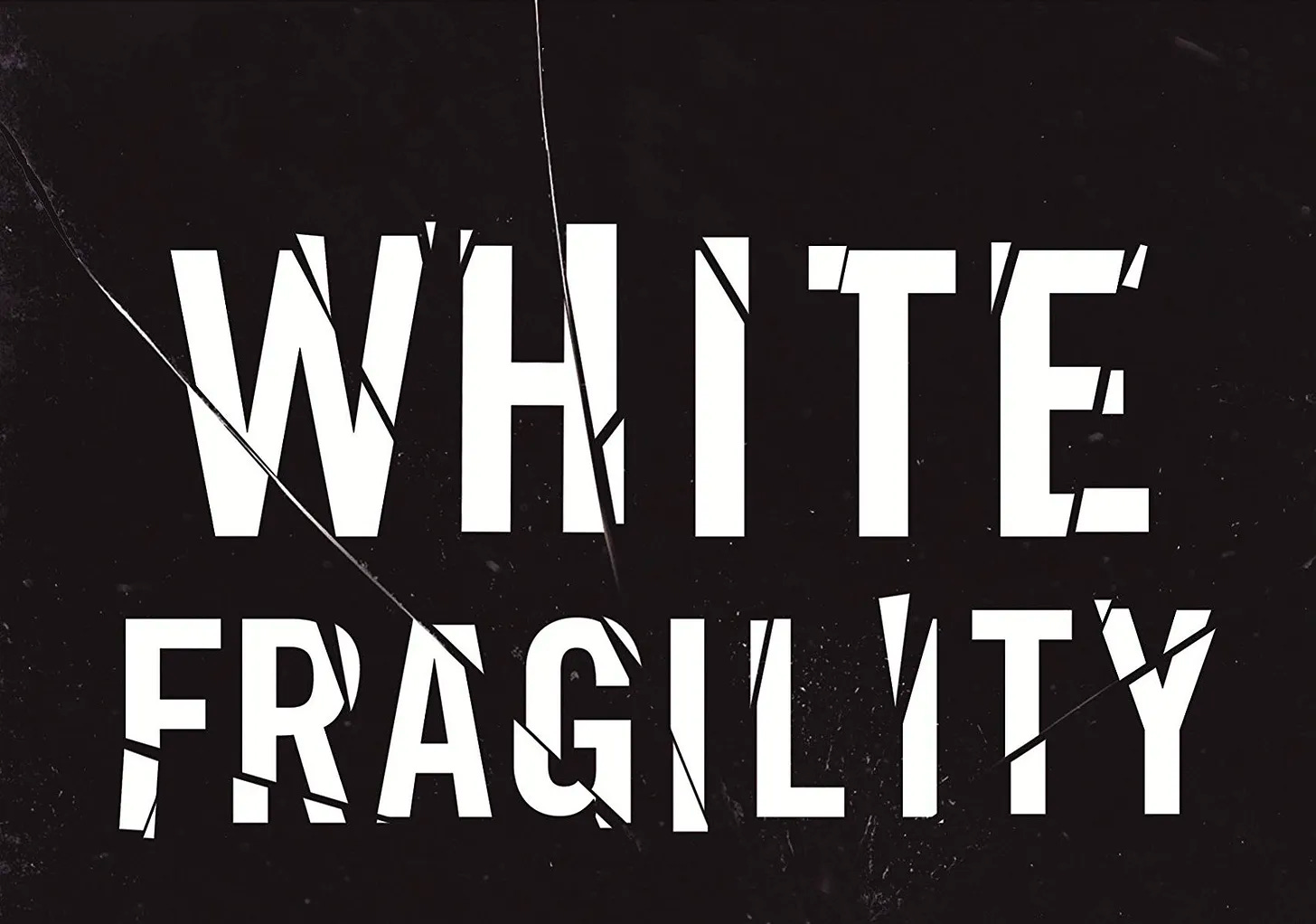

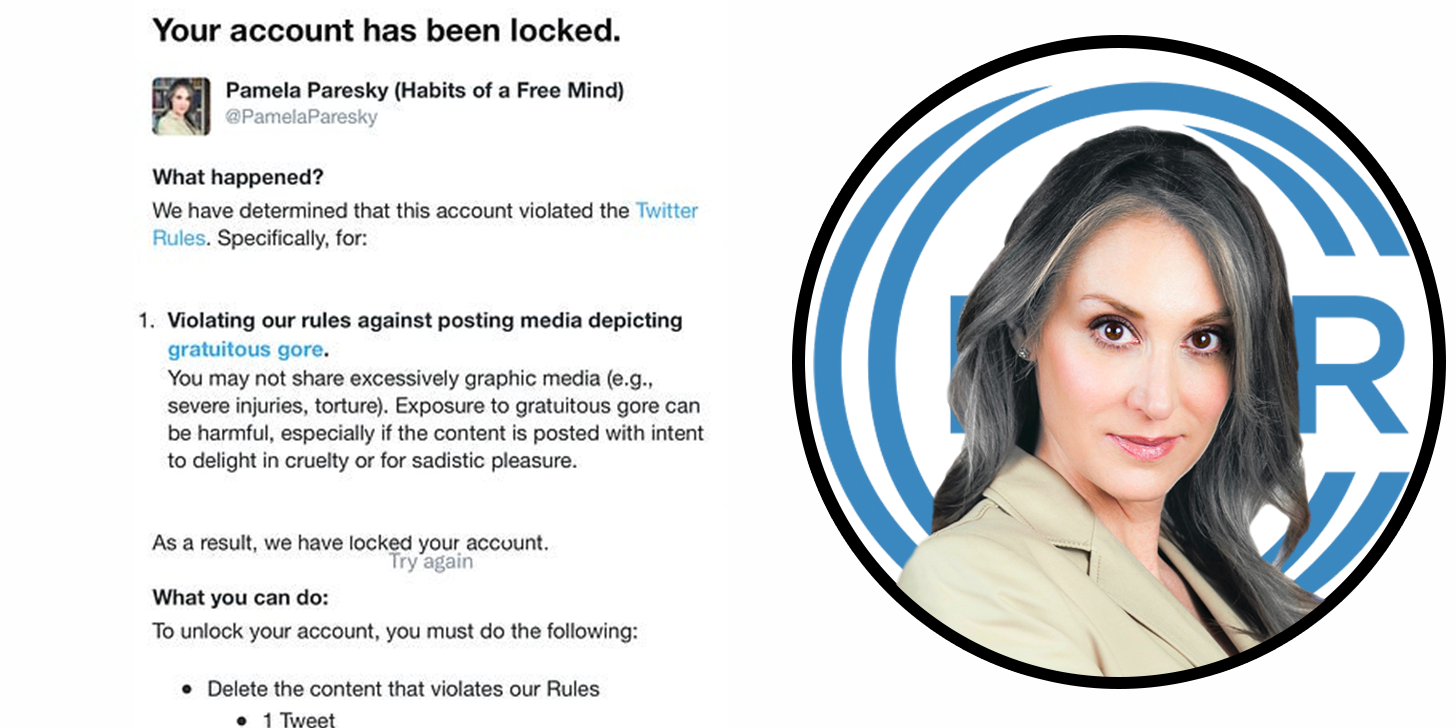
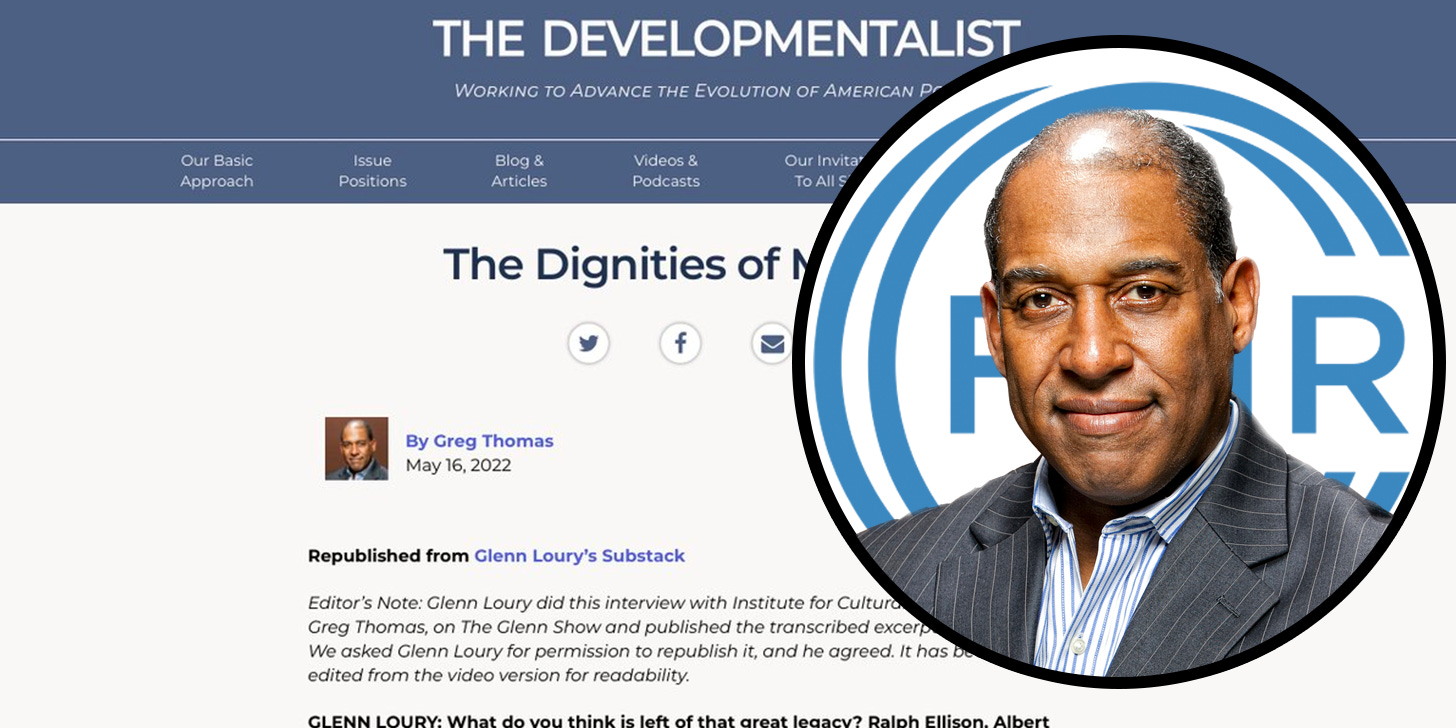

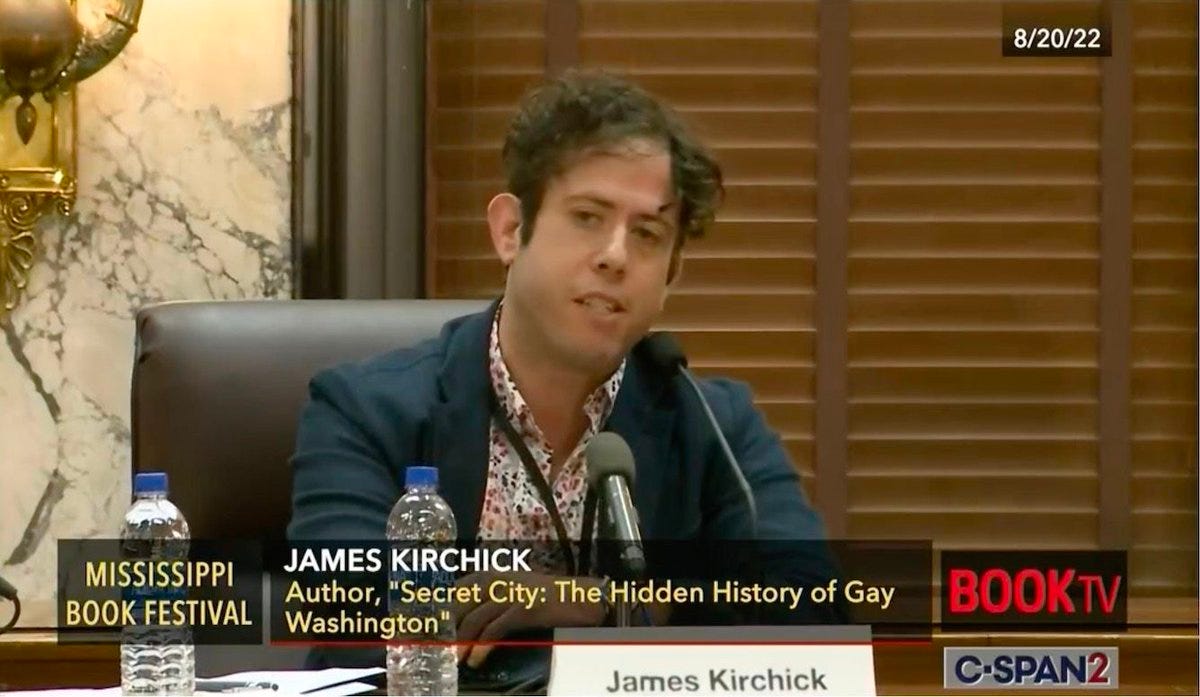
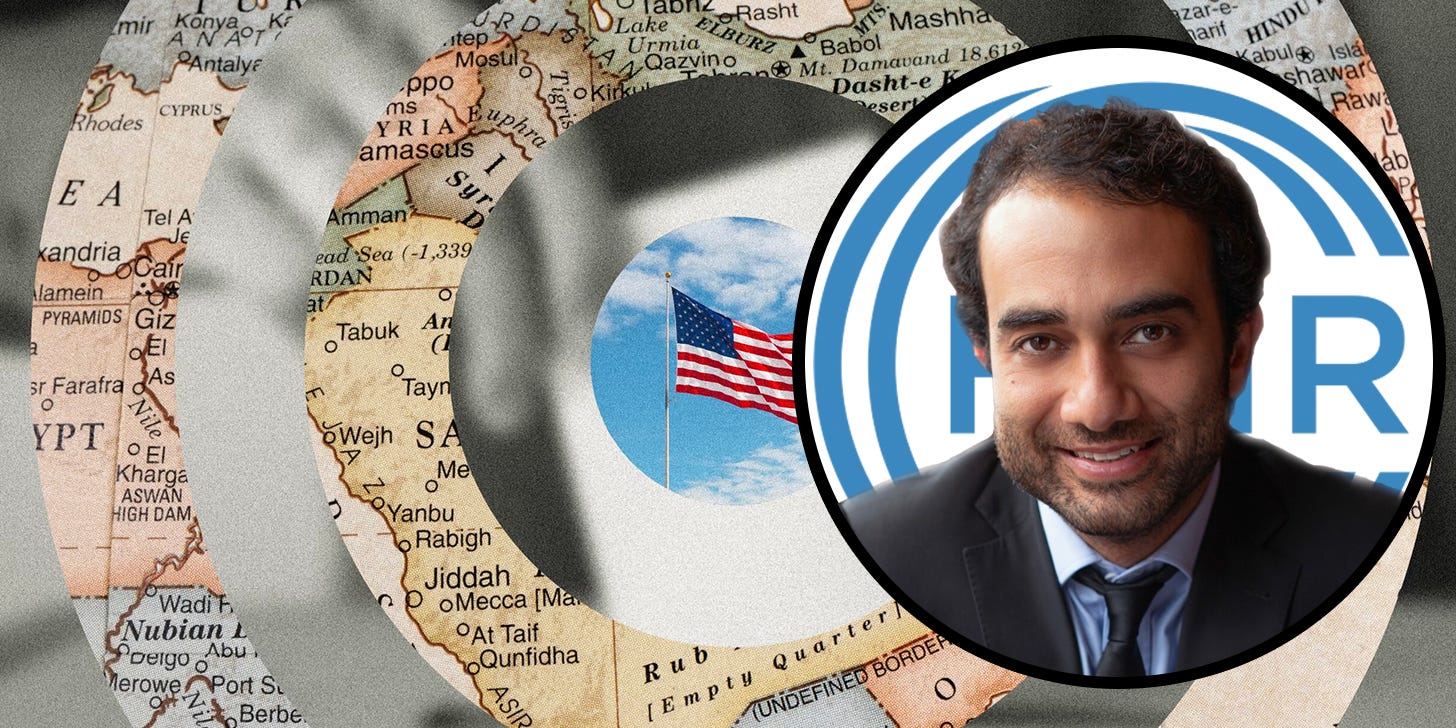



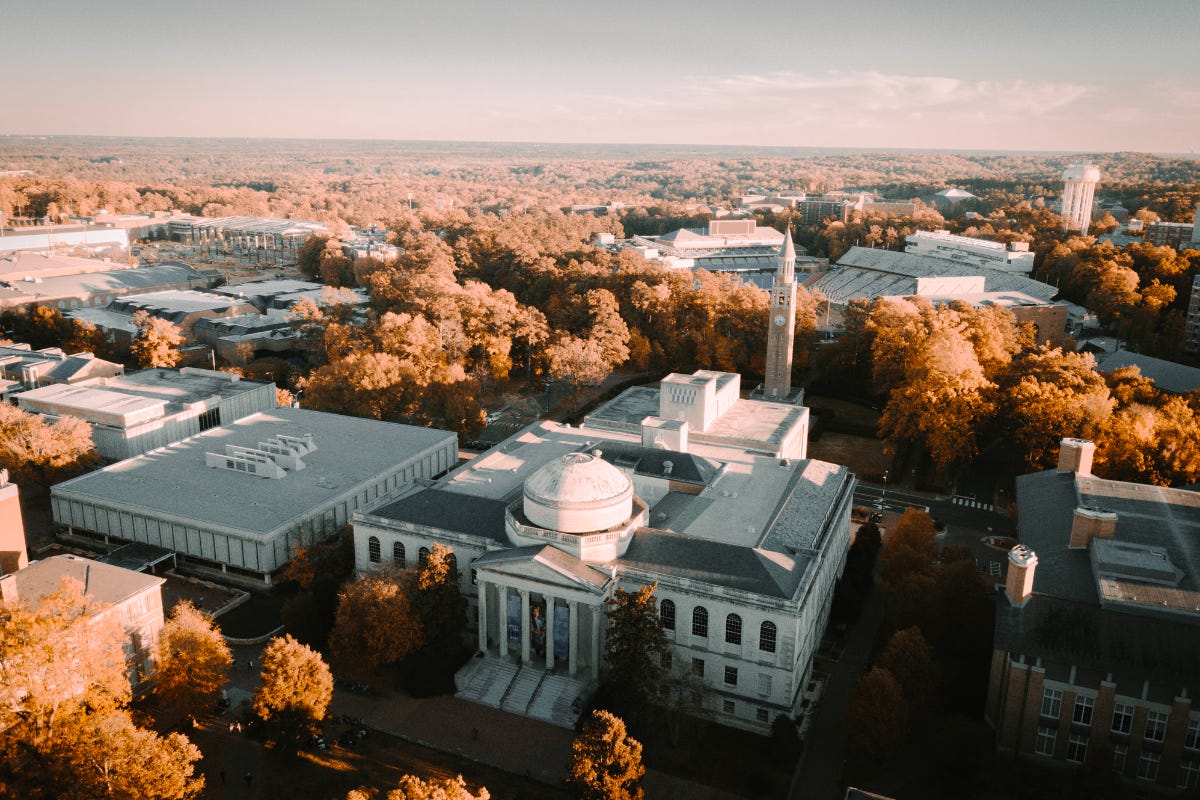

I can’t with all these articles about trying to find your privilege. Maybe in 2020 it was something I could see people exploring when this idiotic theory was hot, but now, when we know it’s junk, why are supposed thought leaders wasting everyone’s time with this “I-already-know-the-end” adventures? We’d all be best served by some deep thought about how we’re legitimately attempting to unit as a voting block - defining conservatism and/or liberalism. But this white privileged exploration is theater at this point. No less theater than General Miley testifying in congress that he’s genuinely interested in understanding white rage.
Stop being part of the problem.
Forgot to add that the other reads were great. 😆